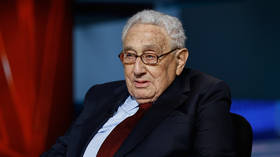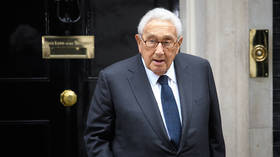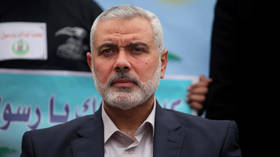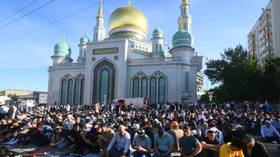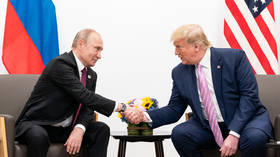Why China loved Kissinger, the American empire’s guardian angel
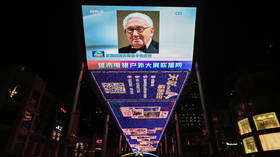
Earlier this week, the famed former secretary of state and national security adviser Henry Kissinger passed away. This news was announced in a statement from his consultancy firm, without naming a cause of death. Kissinger had lived a long life (to the ripe old age of 100), and he likely died as he lived: Without a care for the retribution that most outside of the A-list of Western elite wish he had faced.
Kissinger was a fixture in American politics for decades. While he was in the administration of former President Richard Nixon, a Republican who supposedly hated liberals, particularly those in the anti-war movement in full-stride at the time over Vietnam, he was a noted friend of the elite of high society. Kissinger, a Republican, was often found with some of Hollywood’s kingpins, as well as with politicians from the Democratic Party.
This was one of his most endearing features, at least to the elite: His insistence on bipartisanship. But his partisanship, wherein people who may disagree otherwise come together, develop a compromise, and devise a plan for their fellow citizens, is not the one most Americans think of. Far from it, Kissinger imagined one where conservative and liberal elites could agree on the one most crucial issue for the maintenance of the American empire: Never-ending war.
It is thus no surprise that bloodthirsty warmongers such as John McCain and Hillary Clinton not only admired the man but would come together to celebrate a common cause with him – as they did on his 90th birthday gala in 2013. The famous American linguist and dissident Noam Chomsky once lamented that if the standards of the Nuremberg Trials were implemented today, then every American president would be hanged for their crimes. If that were indeed the case, Kissinger would need to be hanged ten times over for his role as an adviser to each president since Nixon.
This is why Henry Kissinger is not remembered fondly by the younger generations of Americans. These days, people are much more aware of America’s checkered past, and Kissinger most often found himself at the heart of the action: The Vietnam War, the illegal bombings of Laos and Cambodia, genocide in East Timor, and coups in South America, notably Chile. He was involved in all of these and, in the case of Chile, almost faced a court over his role in that atrocity.
But, to be sure, these were not random acts of violence that Kissinger helped construct for their own sake. Rather, he was one of the key architects of American grand strategy at a pivotal point in the empire’s construction. After World War II, the US had become the regime that underpinned global capitalism and Washington was tasked with perpetuating and protecting international capital – put another way, business without regard for any particular corporation. In the middle of the 20th century, this was upset both by the global anti-colonial struggle and, to a lesser extent, the rise of the Soviet Union as a peer competitor.
He helped develop a system of policies that saw business develop undeterred, held down the global masses in their struggle against Euro-Atlantic dominion, and fought against competing ideologies to capitalism. It is for this reason Henry Kissinger is both loved by the international elite and despised by essentially everyone else, save for perhaps one interesting example.
It must be said that the case of China sticks out. Beijing has long trumped up Kissinger’s image, honoring him with almost godlike appreciation. Indeed, in his last visit to Beijing this summer, China’s top brass basically performed a detailed and exquisite longevity ritual for him. This is because, as secretary of state, Kissinger was the man essentially responsible for normalizing bilateral relations between the US and China – without which China would likely have faced major hurdles on its way to remarkable economic development.
But it’s not just historical, either. Clearly, it could be argued that Kissinger’s broader strategy may have been to exploit the Sino-Soviet split as a means to triangulate against the Soviet Union. And to what extent this was even the case is debatable, or if it had any effect if it was, Kissinger still always remained a positive public diplomat for the ever-important bilateral ties between the US and China. For that, he is remembered fondly in Beijing – and it is undeniable that, on this issue, he showed much more thoughtfulness even into his advanced age.
When one is in the spotlight so much, finding themselves at so many historical junctures, it is almost impossible to not be a polarizing figure. With Kissinger, it’s pretty clear cut – where your opinion of him lies can almost be used as an indicator of your class (unless you are Chinese). Despite this, one positive thing that we may see about him, compared to today’s politicians and diplomats, is that he was a far more intelligent and remarkable man than today’s ilk and it’s not even close. Love him or hate him, Henry Kissinger was a profound intellect and a brilliant strategist.
The statements, views and opinions expressed in this column are solely those of the author and do not necessarily represent those of RT.

